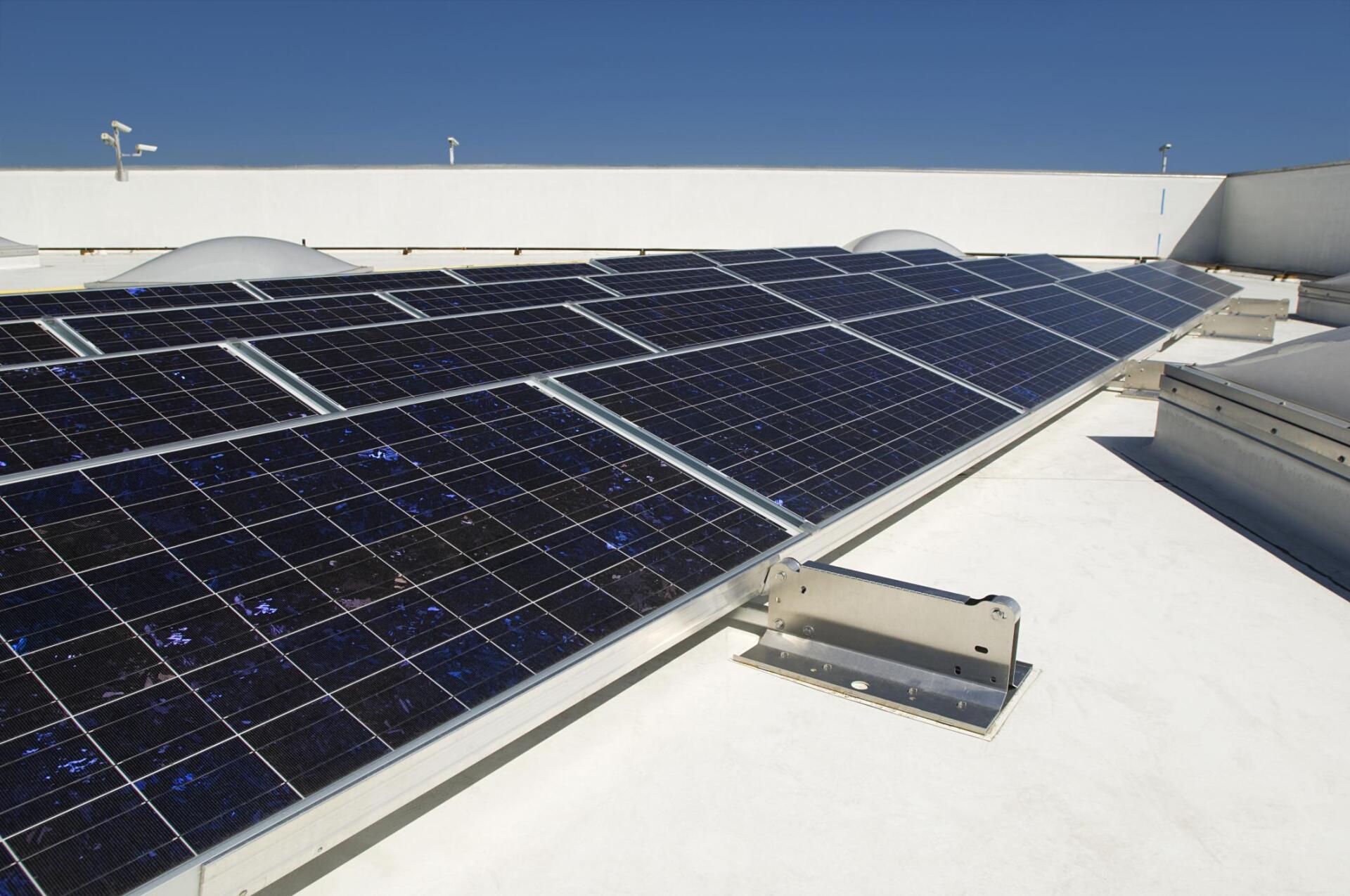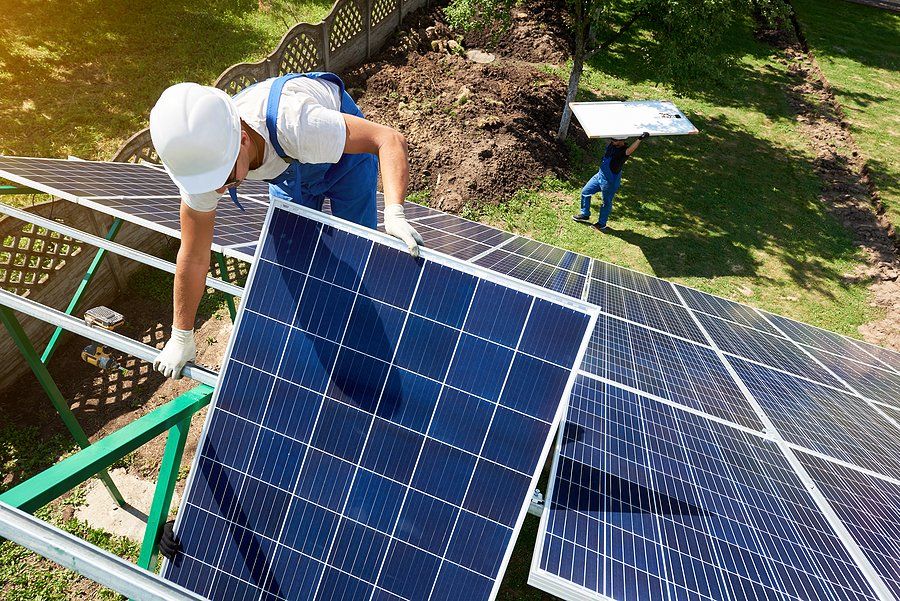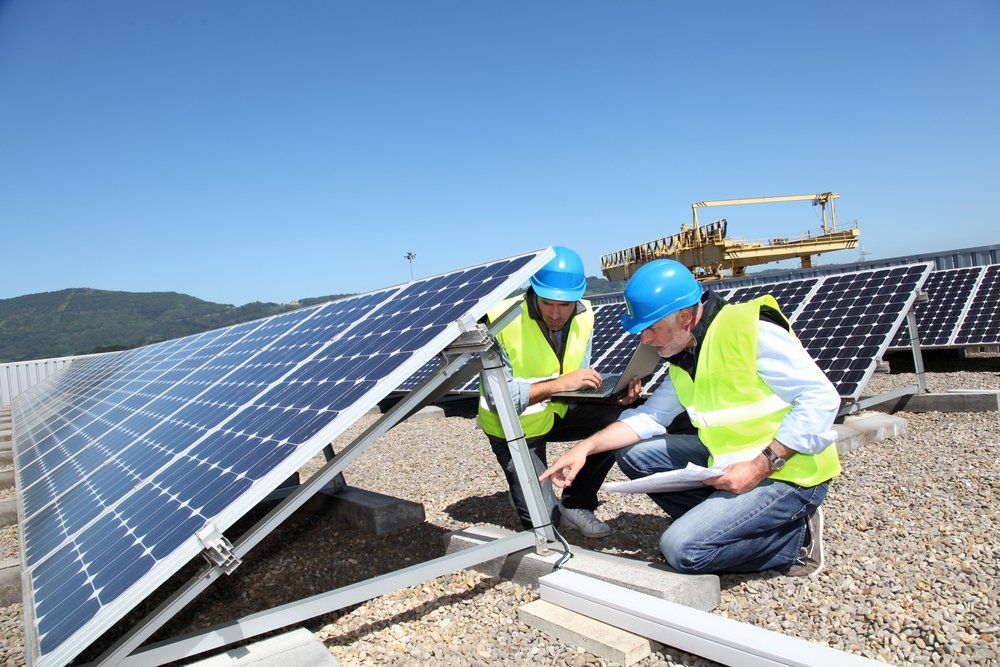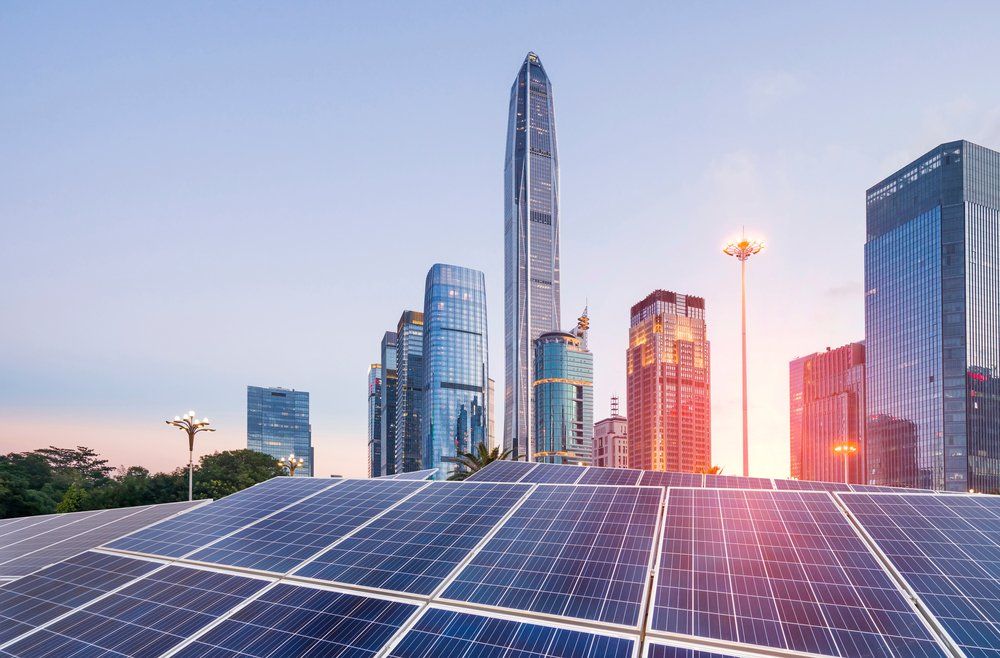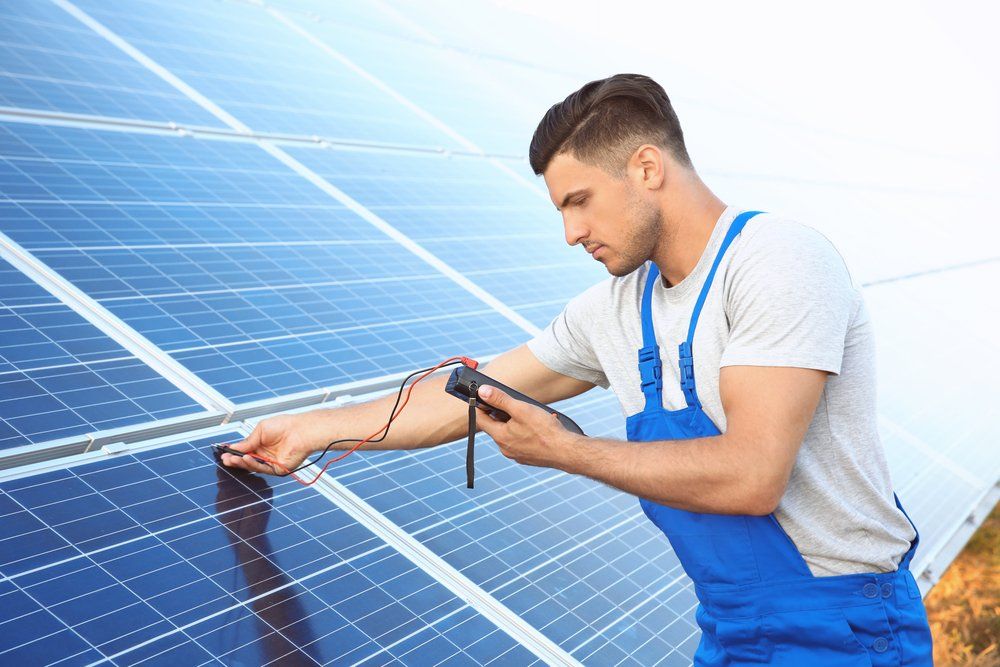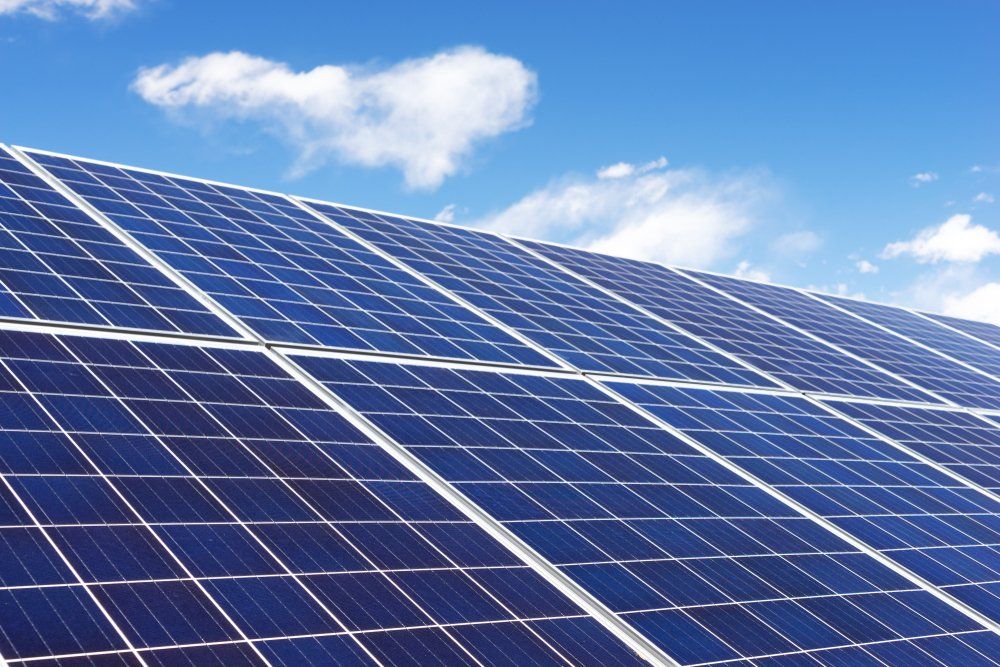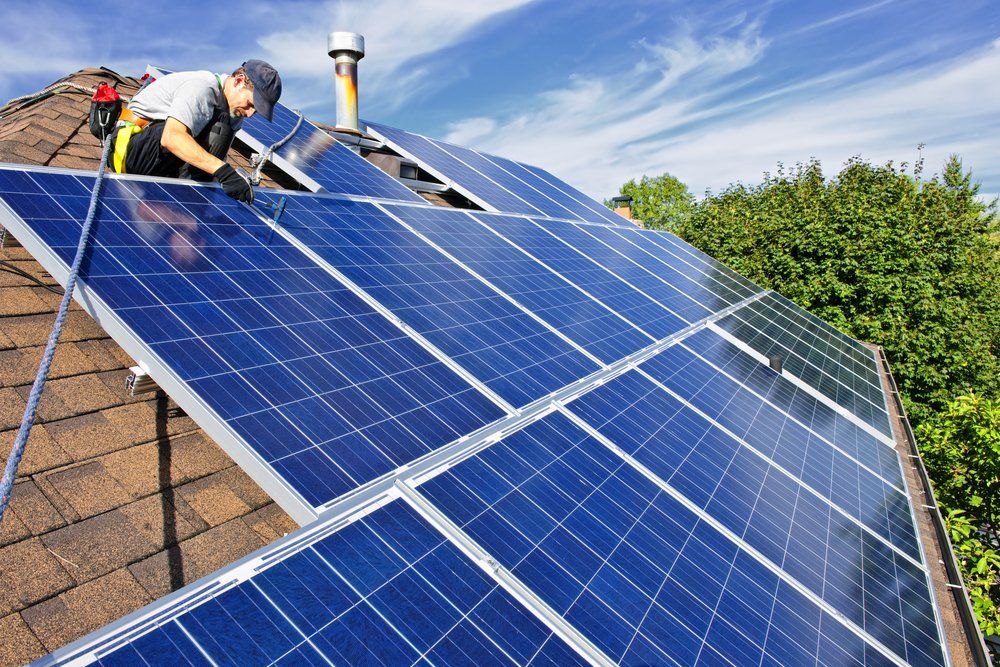Solar Panel Warranties: What You Should Know
If you're considering installing solar panels on your home or business, one of the most important decisions you'll make is which company to go with. Not only do you need to weigh the cost and benefits of different systems, but you also need to consider the warranty. Solar panel warranties can vary drastically from one company to another, so it's important to know what you're signing up for. In this blog post, we'll take a look at solar panel warranties and what you should know before making a decision. Stay tuned!
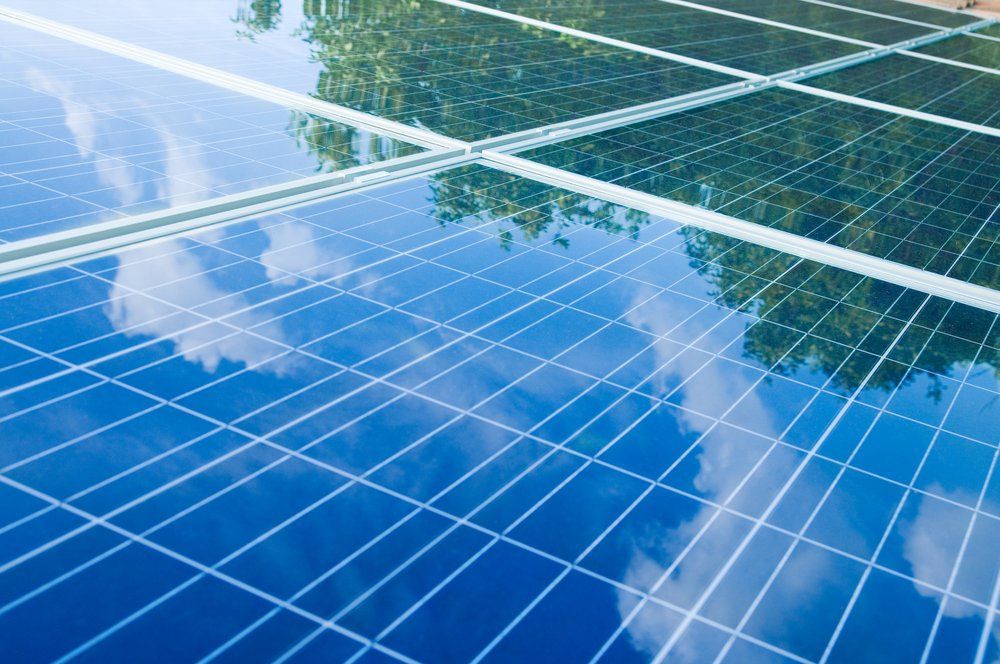
What is the Warranty on Solar Panels?
Solar panel warranties are a promise by the
solar manufacturer or installer that provides protection to the client for the reliability of the panel and its production output.
The two primary kinds of warranties are a workmanship or product warranty, and a performance warranty. The warranty for the product covers panels against any defects and equipment failures as well as environmental problems. A performance warranty guarantees an adequate base of electricity production throughout the warranty time.
Based on the service provider and what type of protection is offered, the typical warranty period is between 10 and 25 years. Warranties are a vital source of financial protection for consumers as well as an integral aspect of making comparisons before purchasing.
Why Do I Require Assurance? Do My Insurance for Homeowners Cover Solar Panels?
The solar
panel is built to last without issue for a period of two decades or more. They are durable and sturdy capable of enduring the harsh elements that can be found in all parts of the nation. However, solar panel issues can occur from time to occasion. Instead of having to deal with costly repairs, the best option is to purchase products and warranties of performance to ensure your investment.
In other instances, the system won't be able to sustain a catastrophic malfunction. The quantity of electricity produced will decrease as time passes, leaving you with
lower energy benefits. Some loss of efficiency can be expected, but if it is greater than an amount that is deemed to be acceptable, and you are left with an ineffective installation that will not provide adequate power or will help you save money as you intended.
In some instances,
solar panel insurance is covered under a homeowner's insurance policy. In these situations, separate warranties for solar panels are not necessary. In the majority of cases,
solar installations are considered permanent fixtures to the home, much like a patio or room extension.
It is essential to inquire with the homeowner's insurance company to find out whether solar panel installations are covered. Also, make sure you know the deductibles and limits for your system are and also. You should consider comparing the protection you'll receive through a homeowner's insurance policy with an insurance policy for solar panels. There are likely to have gaps with your coverage, which requires purchasing a guarantee to ensure the best protection.
If you're not covered by homeowner's insurance, then you should examine the coverage limits and look into an increase to cover the
costs of solar installation.
What are The Terms of a Warranty?
Performance Warranty
A performance warranty assures that solar panel installations will be able to meet or surpass an average electric output throughout the life of the panel.
In normal circumstances, the solar panel is likely to decrease to a certain degree, but it is expected to be able to recover between 10 and 20 percent over the course of 25 years. In general, the performance decreases by 1 to 1.5 percent per year.
Typically, a warranty for performance will ensure 90% of the production over the first 10 years and 80percent for the next 25 years. If panels fall below these number, and the performance warranty will begin to appl, and you will be able to repair or replace the defective panel(s). Performance warranties assure that solar installations can allow the owner to pay for very little or no electricity directly from a utility company, thus reducing the dependence on the grid.
Product/Workmanship Warranty
A solar panel warranty is often known as a workmanship or material warranty. In simple terms, it covers the manufacturer's defect as well as equipment failure.
Since solar panels are robust, many manufacturers offer 10 to 12-year warranties on their products. Certain warranties for premium products will be extended to 25 years. In the majority of cases, the warranty covers the cost of replacing one or more defective panels with a brand new panel to fix issues like damaged wiring, corrosion, and wear that is premature.
The cost of labor is included in certain warranties. According to your manufacturer's specifications, a warranty for labor is available for a fee. If the labor warranty is not provided by the manufacturer, you might still have to pay the cost of several hundred dollars to have someone climb onto your roof, tear off the old panel and then install a brand new one.
How Long Will the Solar Warranty Last?
Warranty coverage will vary based on what type of warranty is offered and the manufacturer who offers them.
The standard industry norm for Tier 1 producers of solar panels includes a warranty of 25 years for performance. Warranty for workmanship is shorter and is offered for ten years by several firms. However, the length of the warranty will differ depending on the manufacturer.
It is essential to know the terms of the warranty and the length of time. Solar panels are durable: However, you don't want to be confronted with a huge repair bill that you thought you could handle, simply because you didn't make the effort to look into the warranty terms.
A lot of companies offer warranties for 25 years however, some warranties may just cover handling, shipping along with the installation of an additional panel. Some may also cover an additional panel but not the shipping and handling costs.
Be aware that a warranty can only be as effective as the organization that offers it. You could get a positive and extensive warranty from a company. However, if the business is in financial trouble and is shut down, and you are stuck with a non-existent warranty. To safeguard from this risk, some businesses provide third-party warranties to protect their customers should they ever fail to meet their obligations.
The positive side is that a new
study conducted by the NREL (National
Renewable Energy Laboratory) found that 4 of five panels do not meet their warranties. In the long-term, that means the majority of solar systems will continue to function in one way or another, even after 25 years of use.
Take Care Not to Invalidate Your Warranty
The warranty will remain in effect in the event that your system is correctly designed and maintained in accordance with guidelines. If you fail to utilize the
solar panel in the way it was designed, the manufacturer can revoke the warranty, and you'll have to pay the cost.
As an example, a part that an installation is required ensure be able to do is to ensure that the system small is . This implies that an inverter with an operating voltage range it has to operate within is the right size for the number of panels that will supply voltage within the range. If panels emit excessive energy, it can short-circuit your equipment, and your warranty won't be able to cover the damages.
The same principle applies to battery banks. They are also required to be constructed in a way the discharge rate is suitable speed. It is also possible to void your warranty if you employ an unlicensed person to make repairs to your system or if you step onto your system while strolling on the roof.
Can Solar Panels' Warranties be Transferred?
Most solar panel warranties can be transferred from one homeowner to another. However, there are a handful of businesses that will only offer an assurance to the original buyer.
This is one of the questions you ask prior to you signing a
solar panel agreement if you are thinking of selling your house in the near future. It is essential to follow specific steps to ensure that the transfer of the warranty is seamless.
Contact your solar system's manufacturer prior to listing your property for sale to inform them of your plans. Buyers won't just want to be informed concerning the guaranteed transfer, but they should also be aware that lease agreements are transferable without a glitch. Be sure that buyers are aware from the beginning how to transfer the solar lease and warranty contracts are also contingent on the sale, so there will be no confusion in discussions.
In the course of selling, you must sign a lease contract and warranty transfer form with the solar company which will perform an independent credit report for the newly-purchased owners. If everything is in the orde, it is necessary to confirm with the solar company that escrow is shut to close the transfer.
If a potential buyer doesn't wish to sign your solar panel lease and warranty contracts, you may have to settle the remaining amount of your warranty and service agreement. You could recoup the costs by bundling them into the price of selling your house. Another option, though costly, is to physically move the system to the new house.
How to choose the right solar panel warranty for your needs
Before you make your purchase, it’s important to consider the best warranty for solar panels. You need a long-term plan that will cover any future repairs or replacements should something go wrong in order to protect against costly losses due to neglecting this step of buying goods online without seeing them first hand as well making sure there's plenty left over at the end considering all options available including extended service plans which give peace of mind knowing someone else has got our back when something happens instead of being left in the dark.
When it comes to solar panel warranties, not all are created equal. So, how do you choose the right one for your needs? Here are a few tips:
- First, decide what's most important to you. Is it coverage for repair and replacement or reimbursement for unexpected costs?
- Next, read the fine print carefully. Some warranties only cover certain types of defects, while others may have exclusions or limitations.
- Finally, compare different warranties to find the best fit for your needs.
Keep these tips in mind, and you'll be sure to choose the right solar panel warranty for your needs.
Warranty coverage is a big deal. Make sure you know what your options are so that when the time comes for repairs or replacements, you can make an informed decision about which option will work best with both cost and convenience in mind. Make sure to choose the right solar panel warranty for your needs.
The benefits of having a solar panel warranty
When you install a solar power system in your home or business, you want to know that you're covered in case something goes wrong. That's where solar panel warranties come in. A good warranty will guarantee that your system will be repaired or replaced at no cost to you, regardless of the reason.
Solar panel warranties can offer coverage for up to 10 years, and they vary from one company to another. Some companies may even offer extended warranties for an additional fee. Be sure to read the fine print carefully before you purchase a warranty, so you know exactly what's covered and what isn't.
In general, solar panel warranties cover defects in materials or workmanship. That means if your solar panel stops working because of a manufacturing defect, you should be covered. Most warranties also cover damage caused by normal wear and tear, as well as accidents or weather events.
If you're considering purchasing a solar power system, make sure you understand the warranty coverage that's available to you. It's an important part of protecting your investment.
Conclusion
Solar Panel Warranties are an important part of your solar panel system. They protect you from equipment failure and ensure that your panels will be repaired or replaced in the event of a problem. It’s important to understand what is covered by your warranty and how to file a claim if something goes wrong. At Quality Solar Systems, we want you to be confident in your investment, so we offer comprehensive warranties on all of our solar panel systems. Contact us today for more information about our products and services or to get a free quote on a new solar installation. We look forward to helping you make the switch to renewable energy!

